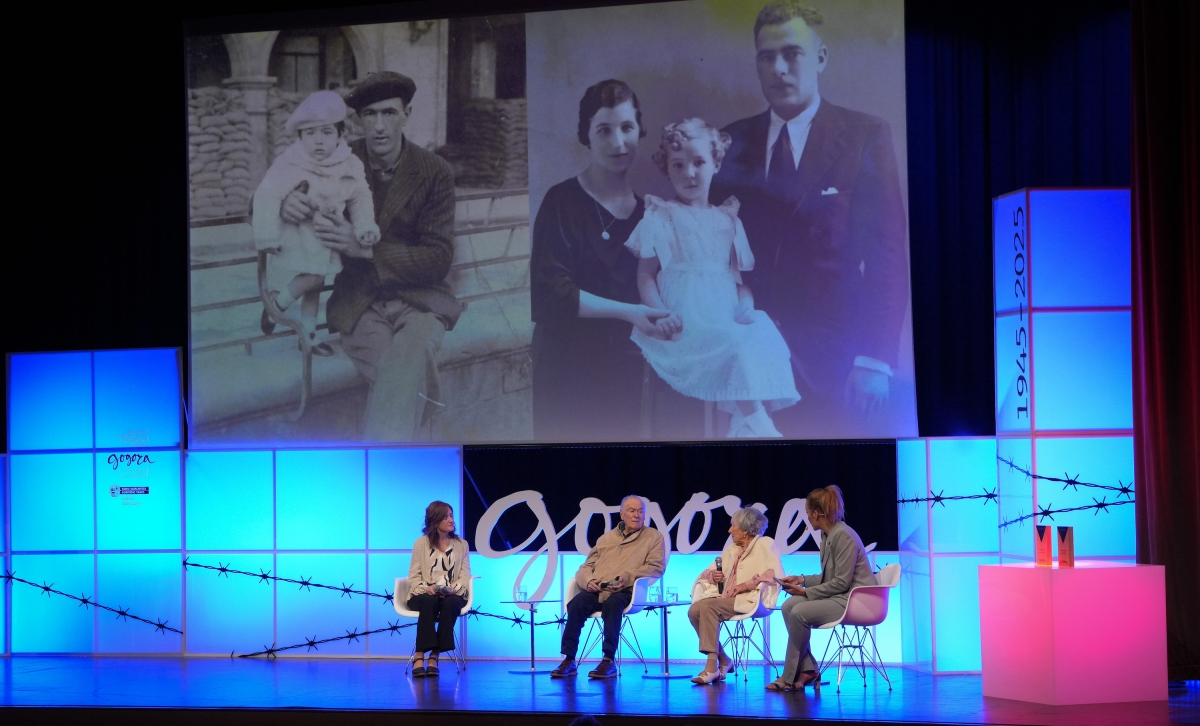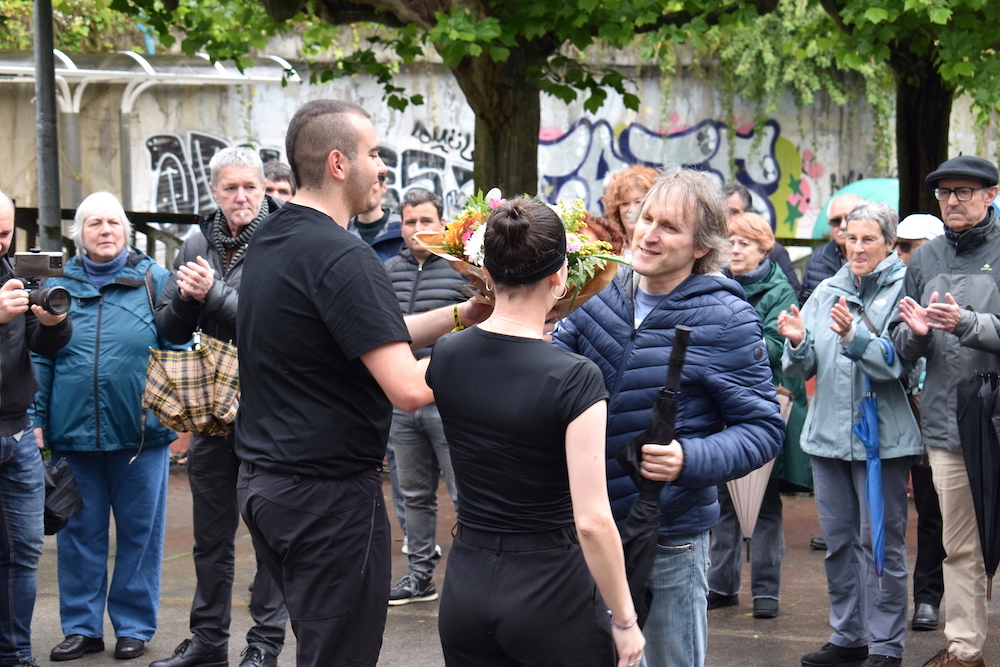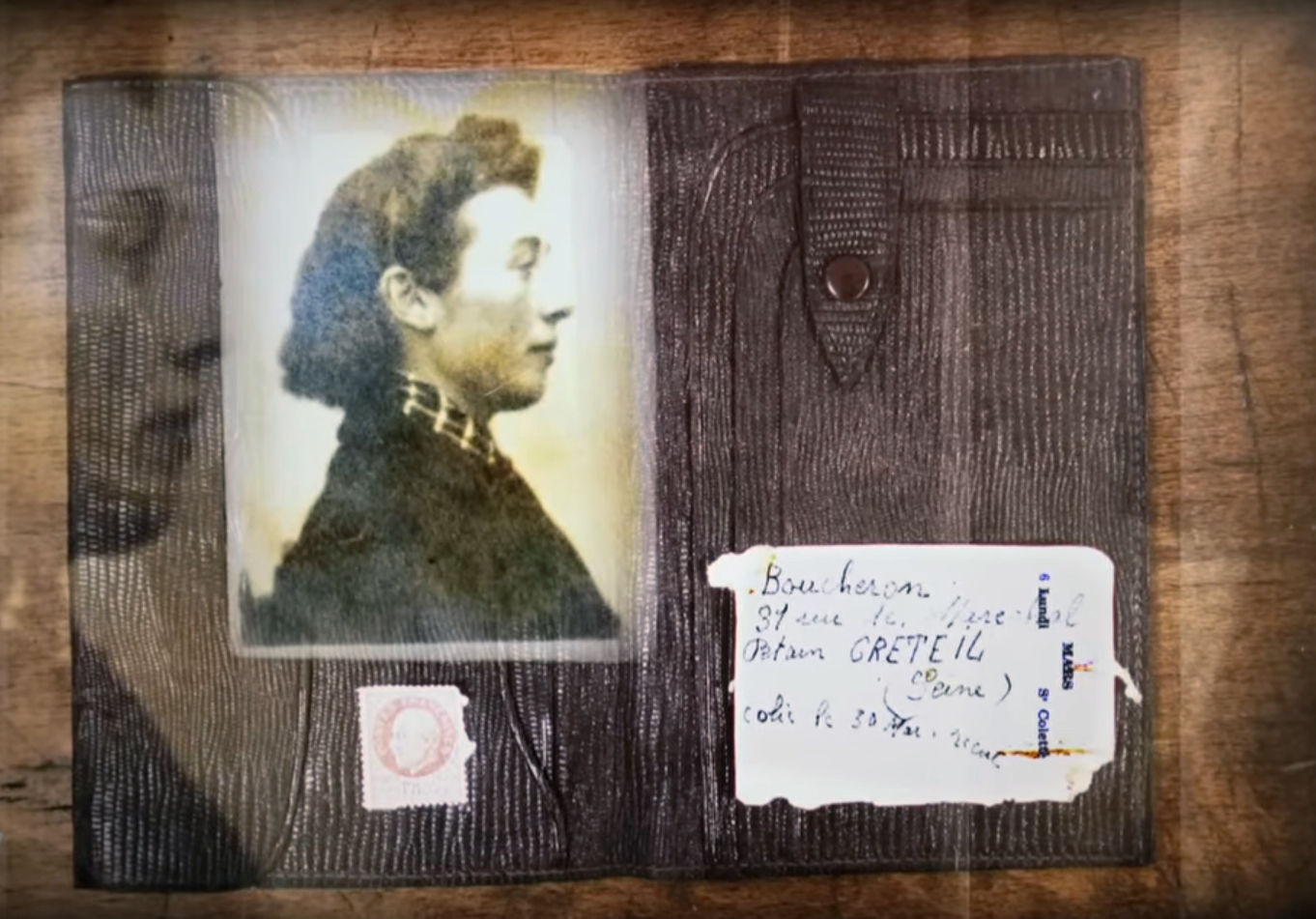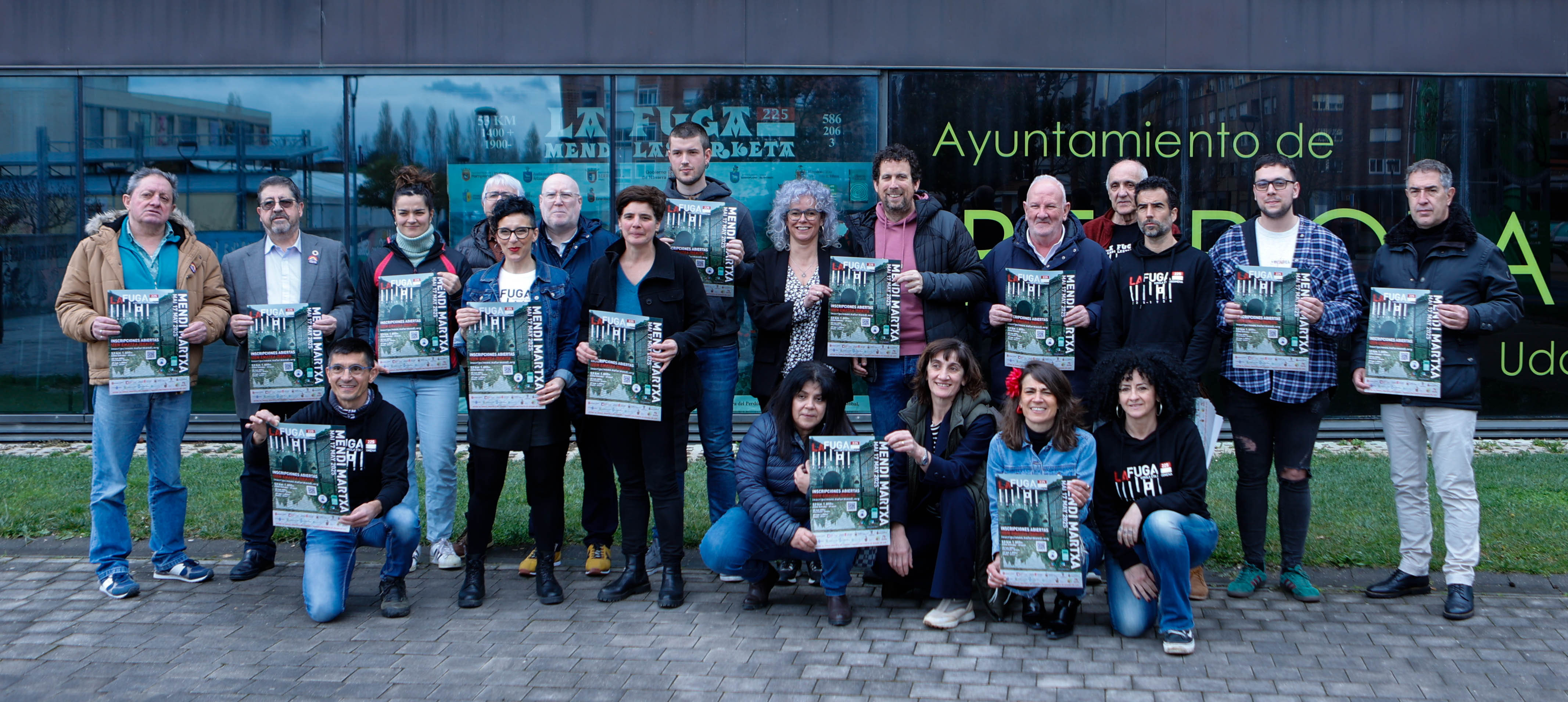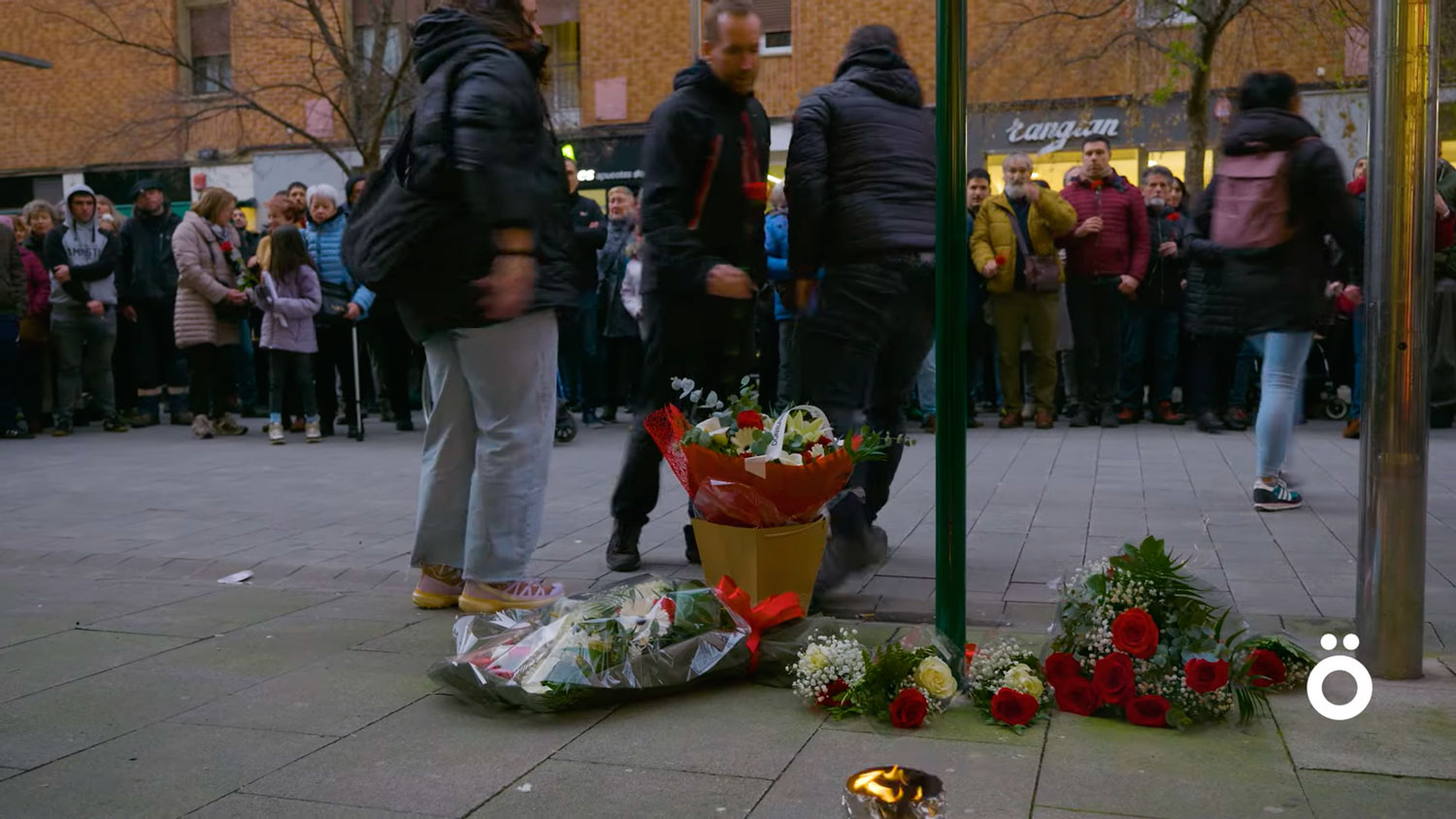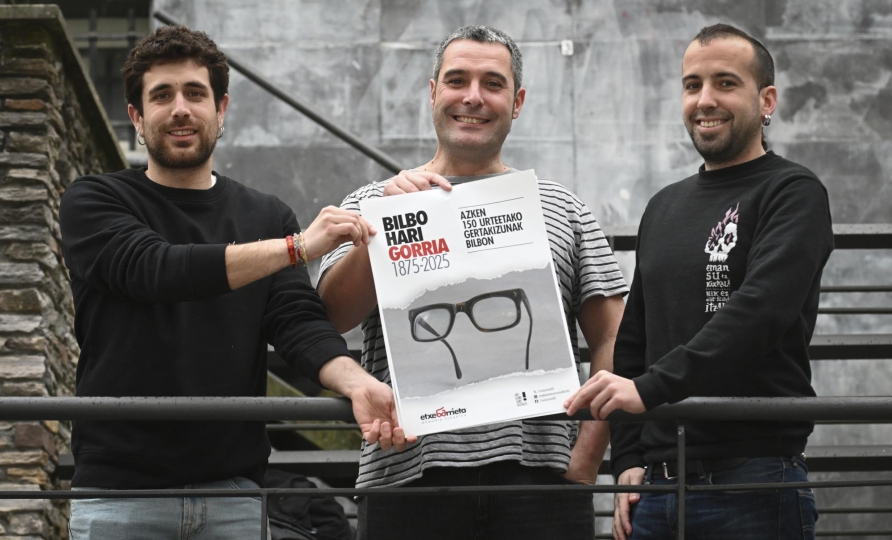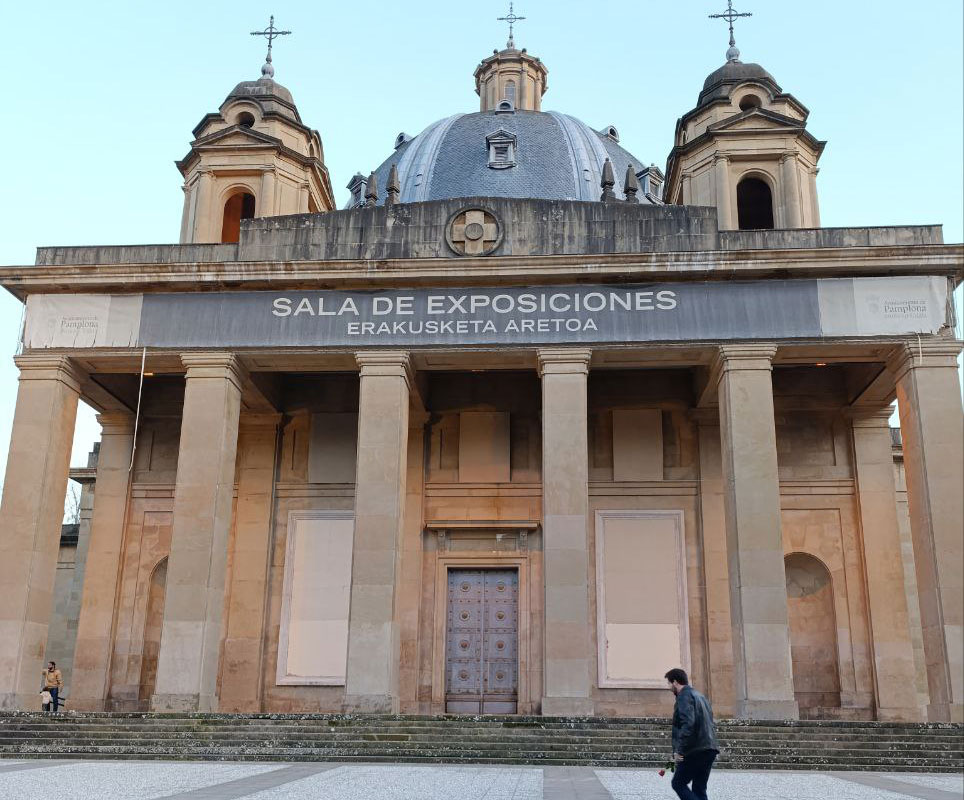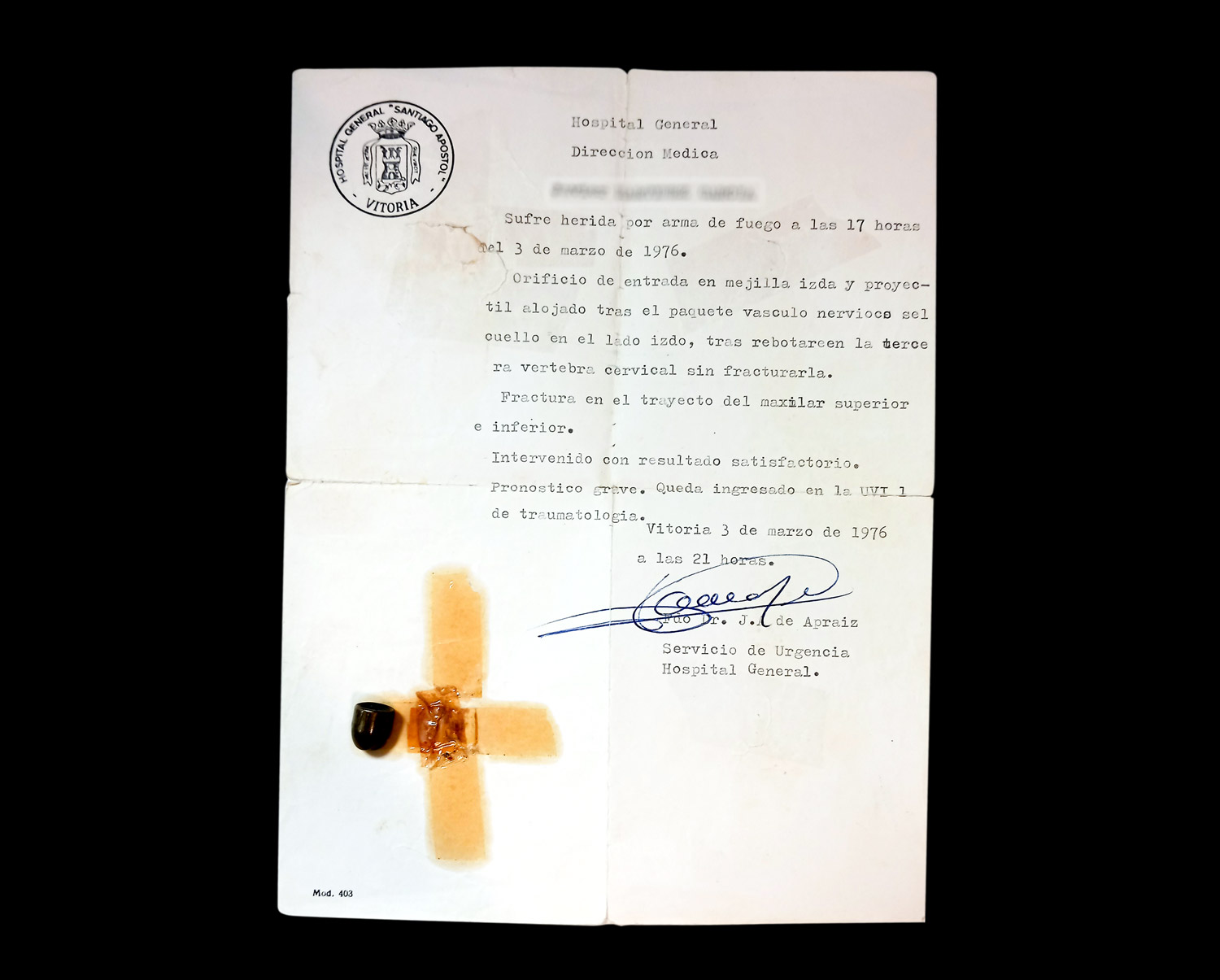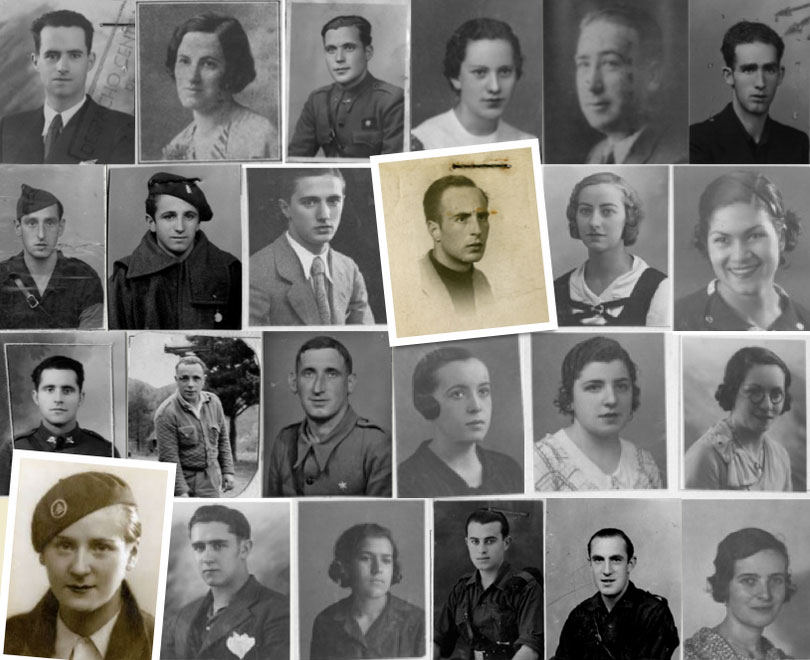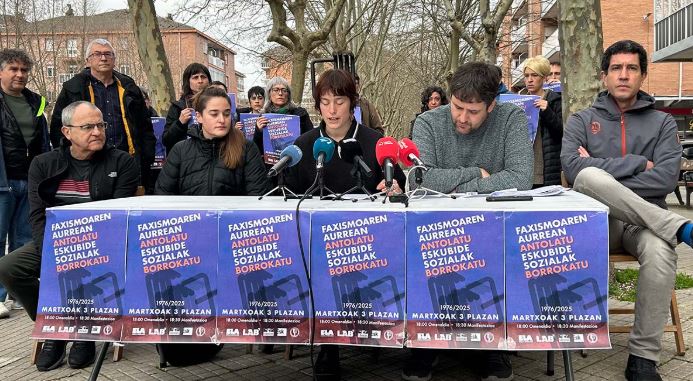The City Hall will collect the lives of the amezketarras between 1936 and 1945
- The City Hall, in collaboration with Aranzadi, wants to carry out a “in-depth” study of what happened in Amezketa during the 1936 war and the first Franco, in order to gather testimonies.

Amezketa City Hall has been working on historical memory for years and has now decided to take one more step: It is a question of analyzing the “dark time” that lived between 1936 and 1945. To this end, they have appealed to the public to collect testimonies, photographs or any other documentation related to this time of life.
Councilman Iñaki Arandia, in collaboration with the Society of Sciences Aranzadi, explained his intention to conduct an "exhaustive" investigation into what happened in Amezketa during the 36th and 1st Franco wars. Previously, he highlighted the “impressive” work done by the citizen Joxe Mari Otermin.
“We know that at that time many Amezketarras suffered terribly; at the most appropriate age of their life they left the house and were forced to go to war, some died on the front, others were injured and those who thought they were against Franco were fined, imprisoned, expropriated or tried,” explains Arandia. The citizens have the right to know what happened and they want to put that on record.
To this end, they will be assisted by the Aranzadi Society of Sciences. Aranzadi presented to the City Hall his work proposal and the City Hall agreed and signed the agreement. Arandia stressed that Aranzadi's aid will give "integrity and quality assurance" to Aránzazu's work.
The main objective of the work proposal, according to the City Council, goes beyond the drafting of a book. “The movement that has been created in the people, the actions that have to be carried out or the testimonies and interventions of the citizens have priority,” they said. In fact, to complete the story, they have stressed that, in the absence of the direct protagonists of the time, they will need the help of their relatives and allegados.De in this way, they intend to demonstrate “the truth, justice and reparation of those who suffered without any reason”.
They will be assisted by members of Aranzadi. Researcher Javi Buces has stressed that Aranzadi’s work will be to investigate the truth so that reparation and justice can then be carried out. And that is that, as Buces said, ‘without knowing the truth, we cannot ask for reparation and justice’.
Call for citizenship
The Society of Aranzadi Sciences shall consult the local, Basque and State archives to carry out the research work. “We already know the details of the war, the academics have done an impressive job. Now what we want to know is who suffered the repression, with names and surnames’, said Buces.
But not everything is collected in the files. The idea is to carry out a historical work with what they have received from the files, and testimonies will also be collected in parallel. “We want to know who had to go into exile or to whom they fused, or for example, the repression against women is not documented. We want these stories,” explains Buces.
According to Arandia, they want to clarify "how they went to war, where they were killed, the body was brought and they were put to death, who were wounded, whether they received some kind of financial assistance for injuries, or what were the negative effects of being nationalist".
In short, the City Hall will open a memory office so that citizens can provide or receive information about what is known in the office. Meanwhile, Buces proposes two contact options for the citizens concerned: memoria@aranzadi.eus and telephone 943 466 142.
They have therefore appealed to the citizens to read carefully the fact sheets that come to their homes and to reflect on the photos, documents and anecdotes of that time. Once the Memory Office is opened, they will be able to report this directly to the City Hall. For this purpose, the days and hours on which the City Hall will open the office shall be indicated.
Salvador Puig Antich frankismoaren kontrako militantea izan zen. Askapen Mugimendu Iberikoko kidea, 1973ko irailaren 25ean atxilotu zuten. Gerra-kontseilua egin zioten, eta garrotez exekutatu zuten handik sei hilabetera, 1974ko martxoaren 2an. Aurtengo otsailean baliogabetu du... [+]
Kirola eta oroimena uztartuko dituzte, bigarrenez, mendi-martxa baten bitartez. Ez da lehiakorra izanen, helburua beste bat delako. La Fuga izeneko mendi martxak 1938ko sarraskia gogorarazi nahi du. Ezkabako gotorlekuan hasi eta Urepelen amaituko da. Maiatzaren 17an eginen dute.
Fusilamenduak, elektrodoak eta poltsa, hobi komunak, kolpismoa, jazarpena, drogak, Galindo, umiliazioak, gerra zikina, Intxaurrondo, narkotrafikoa, estoldak, hizkuntza inposaketa, Altsasu, inpunitatea… Guardia Zibilaren lorratza iluna da Euskal Herrian, baita Espainiako... [+]
Gogora Institutuak 1936ko Gerrako biktimen inguruan egindako txostenean "erreketeak, falangistak, Kondor Legioko hegazkinlari alemaniar naziak eta faxista italiarrak" ageri direla salatu du Intxorta 1937 elkarteak, eta izen horiek kentzeko eskatu du. Maria Jesus San Jose... [+]
Familiak eskatu bezala, aurten Angel oroitzeko ekitaldia lore-eskaintza txiki bat izan da, Martin Azpilikueta kalean oroitarazten duen plakaren ondoan. 21 urte geroago, Angel jada biktima-estatus ofizialarekin gogoratzen dute.
Bilbo Hari Gorria dinamikarekin ekarriko ditu gurera azken 150 urteetako Bilboko efemerideak Etxebarrieta Memoria Elkarteak. Iker Egiraun kideak xehetasunak eskaini dizkigu.
33/2013 Foru Legeari Xedapen gehigarri bat gehitu zaio datozen aldaketak gauzatu ahal izateko, eta horren bidez ahalbidetzen da “erregimen frankistaren garaipenaren gorespenezkoak gertatzen diren zati sinbolikoak erretiratzea eta kupularen barnealdeko margolanak... [+]
1976ko martxoaren 3an, Gasteizen, Poliziak ehunka tiro egin zituen asanbladan bildutako jendetzaren aurka, zabalduz eta erradikalizatuz zihoan greba mugimendua odoletan ito nahian. Bost langile hil zituzten, baina “egun hartan hildakoak gehiago ez izatea ia miraria... [+]
Memoria eta Bizikidetzako, Kanpo Ekintzako eta Euskarako Departamentuko Memoriaren Nafarroako Institutuak "Maistrak eta maisu errepresaliatuak Nafarroan (1936-1976)" hezkuntza-webgunea aurkeztu du.











